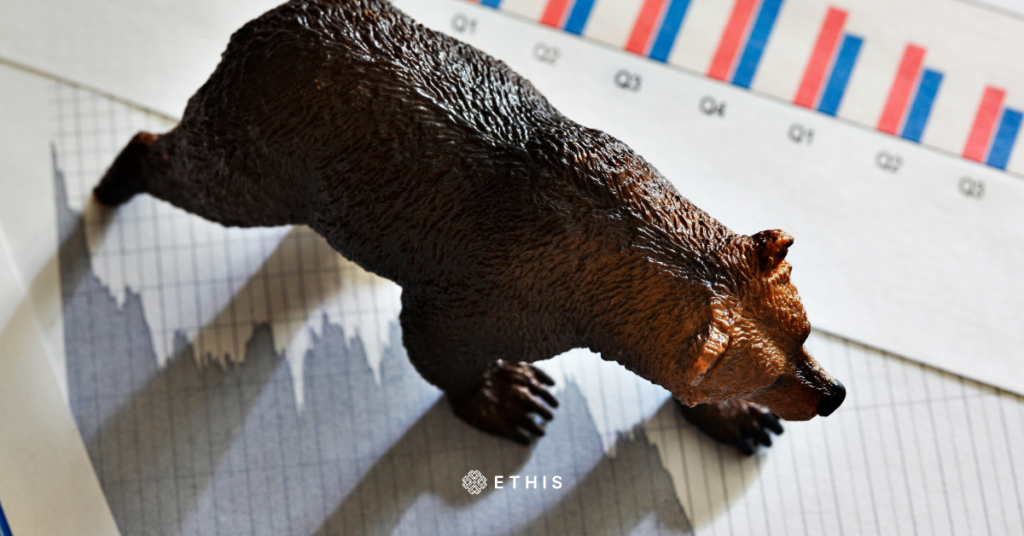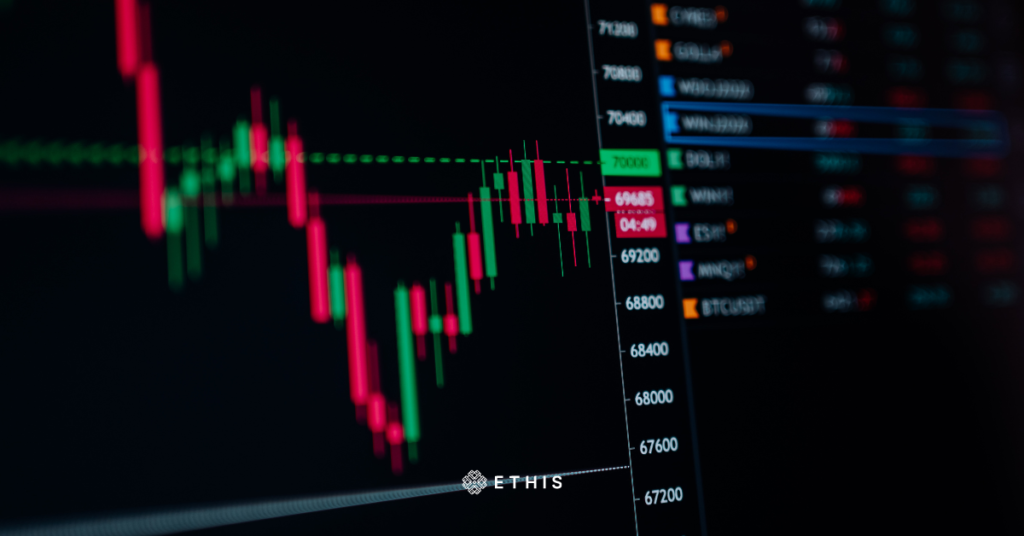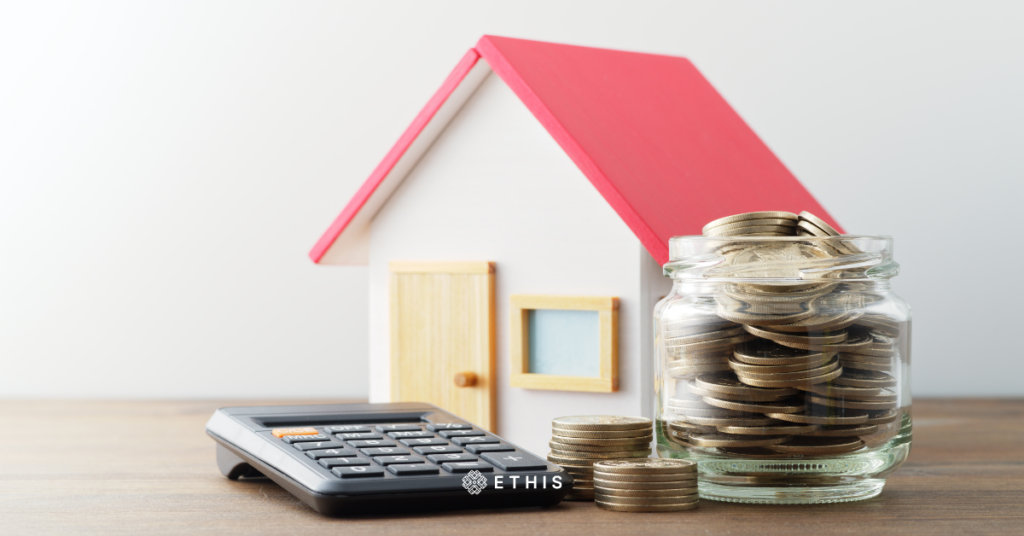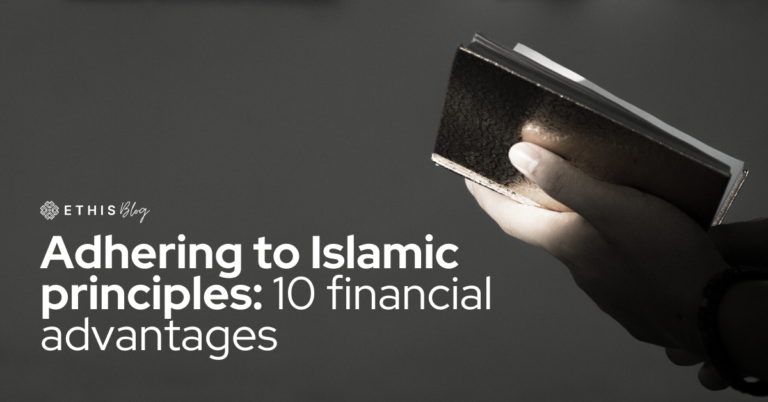
In order to dispel the notion that the only reason for the existence of the Islamic financial industry is to satisfy the religious obligations of the Muslims of the world, let us take a look at ten significant ways in which adhering to Islamic principles have the potential to provide strong financial advantages for the benefit of both Muslims and non-muslims alike.
1. Lowering Economic Inequality


Conventional financial markets benefit the rich, while Islamic markets promote wealth and risk sharing. Islam doesn’t prohibit wealth accumulation. It raises awareness and responsibility for the poor. Islam’s five pillars include zakat or charity.
The riskier an investment, the higher the return. Only high-risk investors can afford to lose money. Paycheck-to-paycheck or low-savings people can’t afford to lose money, so they don’t invest. In the years before the 2008 U.S. financial crisis, those who profited from risky debt-backed securities were wealthy and used their money to make more.
Islamic financial products promote altruism, economic activity, and social responsibility. Those who need money (to manufacture a product, for example) share risk and profits with those who supply money (the investors). Islamic principles in financial markets can benefit all income levels. This could reduce violence and increase stability regionally, nationally, and globally.
Related: Islamic Finance Explained: Financing for a Better World
2. Increasing Market Participation
Several factors affect Islamic financial products’ market participation. People who want to follow their religion and avoid sharia-compliant financial products buy Islamic products. In 2030, there’ll be 2.2 billion Muslims. As they gain access to Islamic checking accounts and mutual funds, they’ll invest more.
Muslims and non-Muslims use Islamic financial products. Sharia-compliant products are socially responsible, and rich and poor can benefit. Someone without wealth likely borrows conventionally (whose interest payments support the accumulation of greater wealth for the lender). Anyone with Islamic financial products can partner with investors. If a person has valuable knowledge or skills, she can seek funders. All parties can share the wealth (and share the risk of potential loss).
3. Simplicity and transparency are encouraged


Islamic financial products are not simple. In reality, a financial product’s model may be more complex due to multiple contracts and parties. Although it is arguable that Islamic-based products will never become as complex and hard to understand as conventional products. Why? They use stricter contracts. Islamic financial products are always based on sharia-compliant contracts (such as mudaraba, ijara, or salam) that must involve little to no uncertainty. They value assets. Islamic products focus on real assets, not speculations. That doesn’t mean investors hold the assets, but they know what their money is buying.
A sharia board supervises every Islamic financial institution to ensure that its products comply with Islamic principles. In other words, the sharia board ensures that the Islamic firm promotes only compliant and transparent products. AAOIFI promotes accounting and auditing standards for Islamic financial institutions. Also, the IFSB sets standards for organizational governance, transparency, and prudence. Together, these two organizations ensure that Islamic financial institutions identify, manage, and disclose product risks.
4. Linking Economic Activity to Financial Markets


In a conventional market, those with money and those who need cash are lenders and borrowers. The lender (credit card companies, for example) often doesn’t know how the borrower is spending the money, and that’s irrelevant to them. The lender is only concerned with being paid the interest on the loan or line of credit (in addition to the principal). Participants in Islamic financial products are buyers, sellers, or transaction partners, not lenders or borrowers. This still holds true even if a bank or investment firm is involved.
Individuals and institutions that invest in Islamic financial products use their money to support specific economic transactions. The contracts they sign say what the money is spent on (for example, materials that a manufacturer needs to make a certain product; a commodity that will later be sold for profit; or partial ownership in an asset via a sukuk, or Islamic bond). Their investments promote real economic activity, so investors can directly affect their local, regional, or national economy by promoting manufacturing, homeownership, and more.
Related: Here’s 3 things non-Muslims need to know about Islamic Finance
5. Linking Savings and Investment


When you put your paycheck in a bank savings account, the bank promises to keep it safe and pay you interest. An Islamic savings account is an investment vehicle. An Islamic bank doesn’t guarantee a return on savings. Therefore, you know when you sign the contract with the bank that it plans to actively invest your money (in sharia-compliant ways) to earn profit that it will share with you



Islamic investment vehicles illustrate the concept of connecting financial markets to real economic activity. If you save money in the Islamic finance system, you don’t isolate it from economic activity as a conventional savings account does. You don’t get a guaranteed return in an Islamic account, but as long as your bank does its job well, you benefit from profits derived from transactions that support economic transactions in the real world — not transactions that occur only on paper and only use the money to make money, which is prohibited under Islamic law.
6. Refraining from Economic Bubbles (And Bursts)
By encouraging simplicity and transparency and tightening the link between financial markets and economic activity, Islamic finance reduces investment market swings to unsustainable highs and devastating lows. When investors know where their money is going, they’re more likely to understand the value of a business, project, commodity, or another asset. And they’re less likely to invest in the hype and overpay.
It is arguable that the Islamic financial industry has an “anti-crisis code” that eliminates economic bubbles. This “anti-crisis code” includes the financial screening process Islamic investment funds use to determine sharia compliance. It first filters out companies with too much debt relative to their market cap. A company with too much debt can’t invest in Islamic markets.
Although some may argue that this exclusion harms the investor (who loses the chance to invest in such a company), it protects the investor from bubbles based on a company’s hyper valuation that inevitably burst.
7. Encouraging economic growth


Traditional financial institutions aim to maximize profit. Shareholders fund and benefit from an institution. Other initiatives, like community and economic development, are tangential. In fact, governments often mandate a minimum level of institutional commitment to community and economic development because it may not otherwise occur.
Islamic banks must make a profit to stay in business. The profit motive is tied to other responsibilities that go beyond shareholders. A profitable Islamic institution must respect and partner with its customers (bank depositors, fund investors, Sukuk holders, and so on). It must screen and select investments based on sharia law and potential for growth and success. The bank must allow money to flow from the wealthy to the poor, from those seeking to pay zakat to those seeking to improve their lives.
In other words, an Islamic financial institution is committed to community and economic development and has more responsibilities than its conventional counterparts. Islamic banks and funds make money by investing. It and its partners profit from economic success.
Related: 6 Crucial Components of the Islamic Financial System
8. Supporting Longer-Term Investment
In conventional markets, investors want quick returns. They try to predict the next hot industry and jump in and out at the right times. The buy-and-hold investment philosophy seems quaint in an age when people can make cheap online trades at any time. Unfortunately, quick decisions aren’t always profitable, and picking the next hot industry is hard. This wastes a lot of money, and investors learn (if they learn) that buying and holding aren’t so silly.
The Islamic approach to investment encourages slower, more thought-out decisions. A Muslim investor seeks to avoid companies that harm people or the environment. Every Islamic fund screens for such companies as the first step. Next, eliminating companies with risky financial practices reduces risk and creates investment stability. Intensive screenings, reduced risk, greater stability, and socially responsible investments are not fast action or (usually) quick returns. Investors following Islamic principles make more thoughtful choices and longer-term commitments.
9. Reducing adverse effects of harmful products & practices


Sharia law forbids supporting harmful industries or activities (to people or to the environment). Muslims can’t eat pork, drink, watch porn, or gamble. Sharia prohibits interest, speculation, and gambling, so Muslims must use Islamic financial products. Mass destruction weapons, cloning, and more are forbidden.
Islamic institutions create sharia-compliant banking and investment products so Muslims can invest without compromising their faith. They also try to reduce the economic and societal costs of harmful, illegal products and activities. Islamic financial products discourage alcohol production and distribution, which improves public health. By restricting investment in weapons production, Islamic financial products discourage their use during wars, protecting civilians from death and destruction. Islamic investment decisions promote strong, stable societies and healthy economies.
10. In search of more stability
Globally, people are looking for greater economic stability. After years of crises and economic gloom, many countries want positive change. They realize that something is inherently flawed in the conventional financial system, and they want a more just, transparent, responsible, and sturdy system. Islamic finance cannot solve every economic crisis or prevent future economic instability, but the fundamental principles serve as a positive example of financial reform.
By treating money as a medium of exchange rather than an entity with value in and of itself; by viewing profit as just one of many reasons to engage in investment activity; serving all people in a community and not just the wealthy; by putting dollars behind real economic activities that create real jobs and real products, Islamic finance promotes the type of responsibility that people everywhere are craving from their financial institutions.





Top Posts
Islamic P2P Crowdfunding Explained
Halal Money Matters: How Muslims Can Balance Deen and Dunya with Smart Islamic Finance
Halal Investments for Singapore Muslims? It’s time for a shake-up in the Islamic Investments scene.
Smart investment for making Halal money
3 Reasons Why Property Crowdfunding is the Smart Investment for You